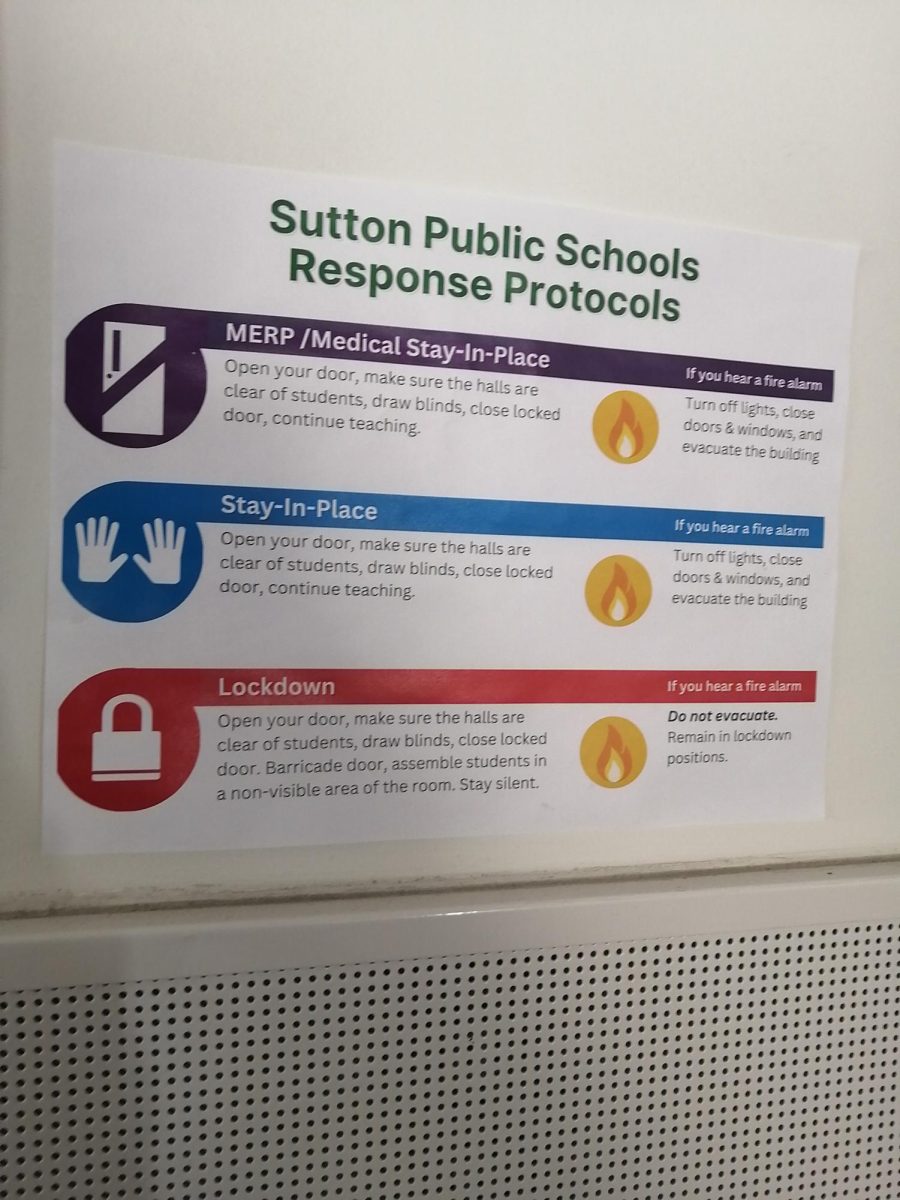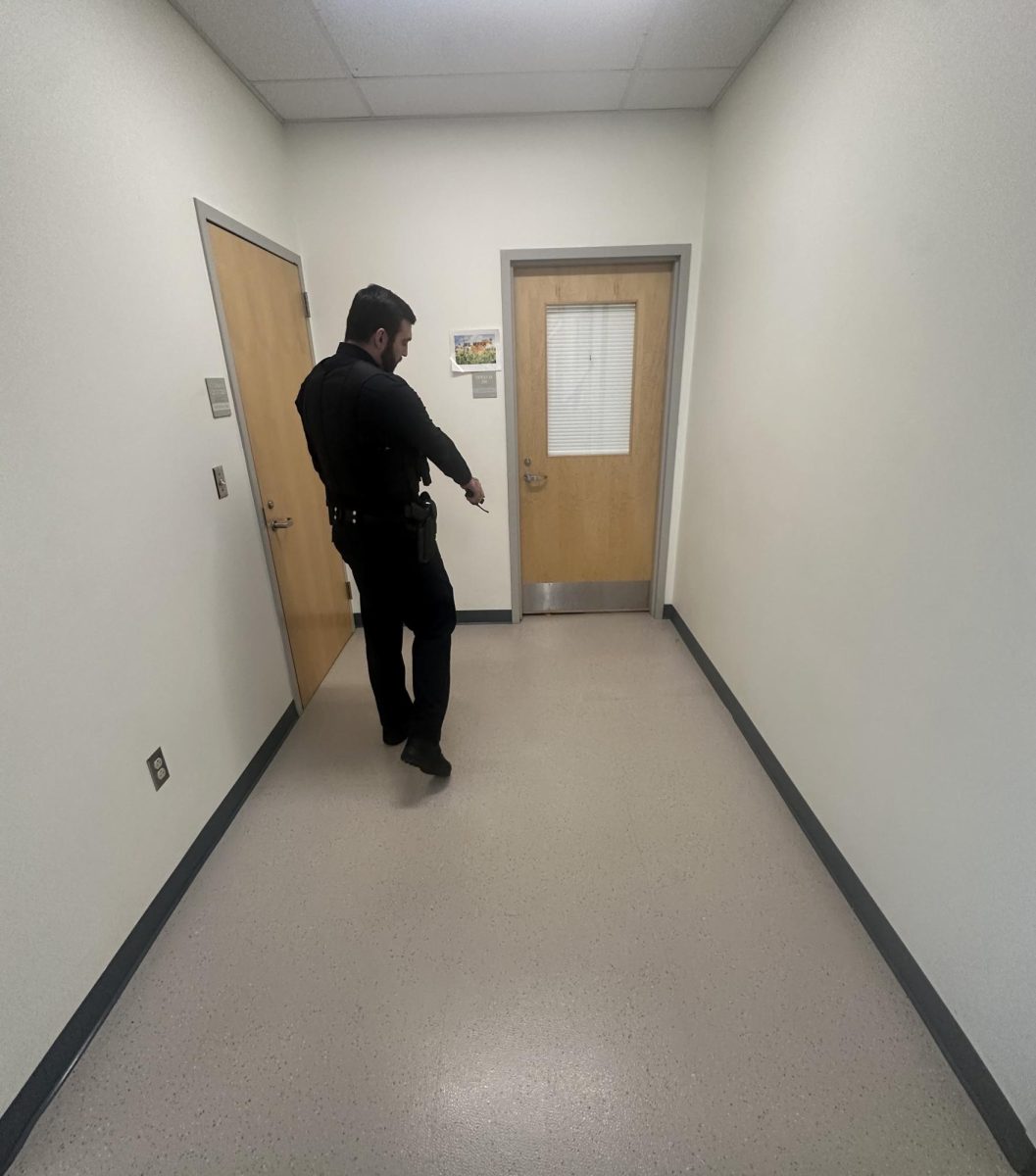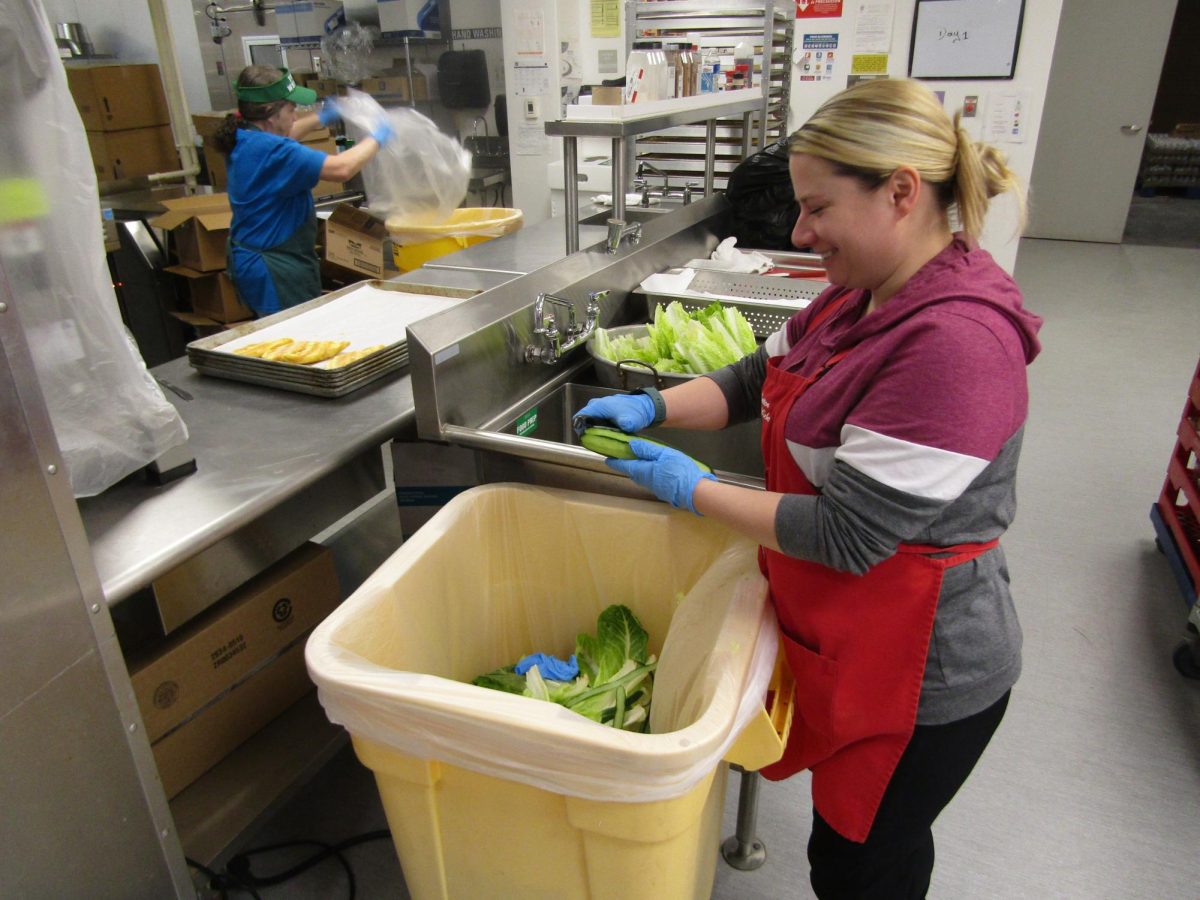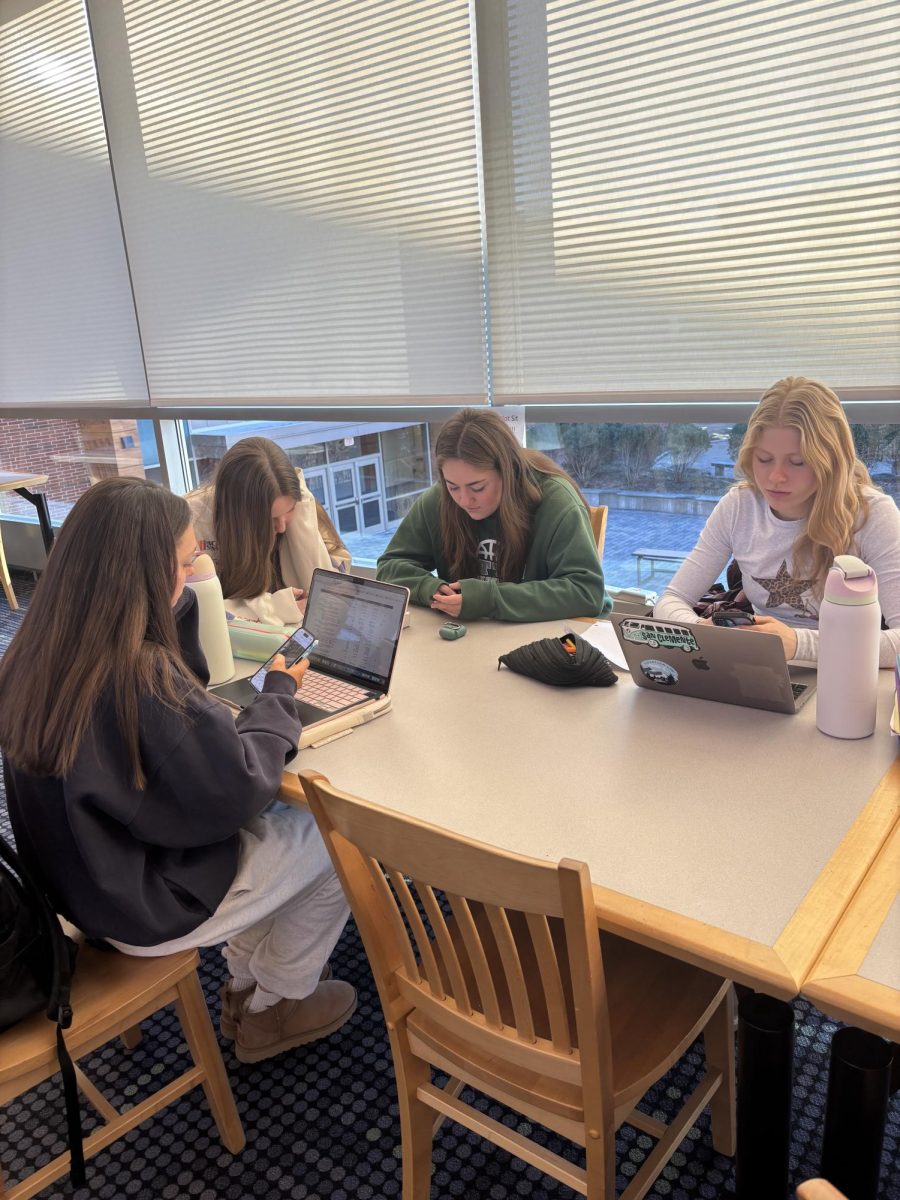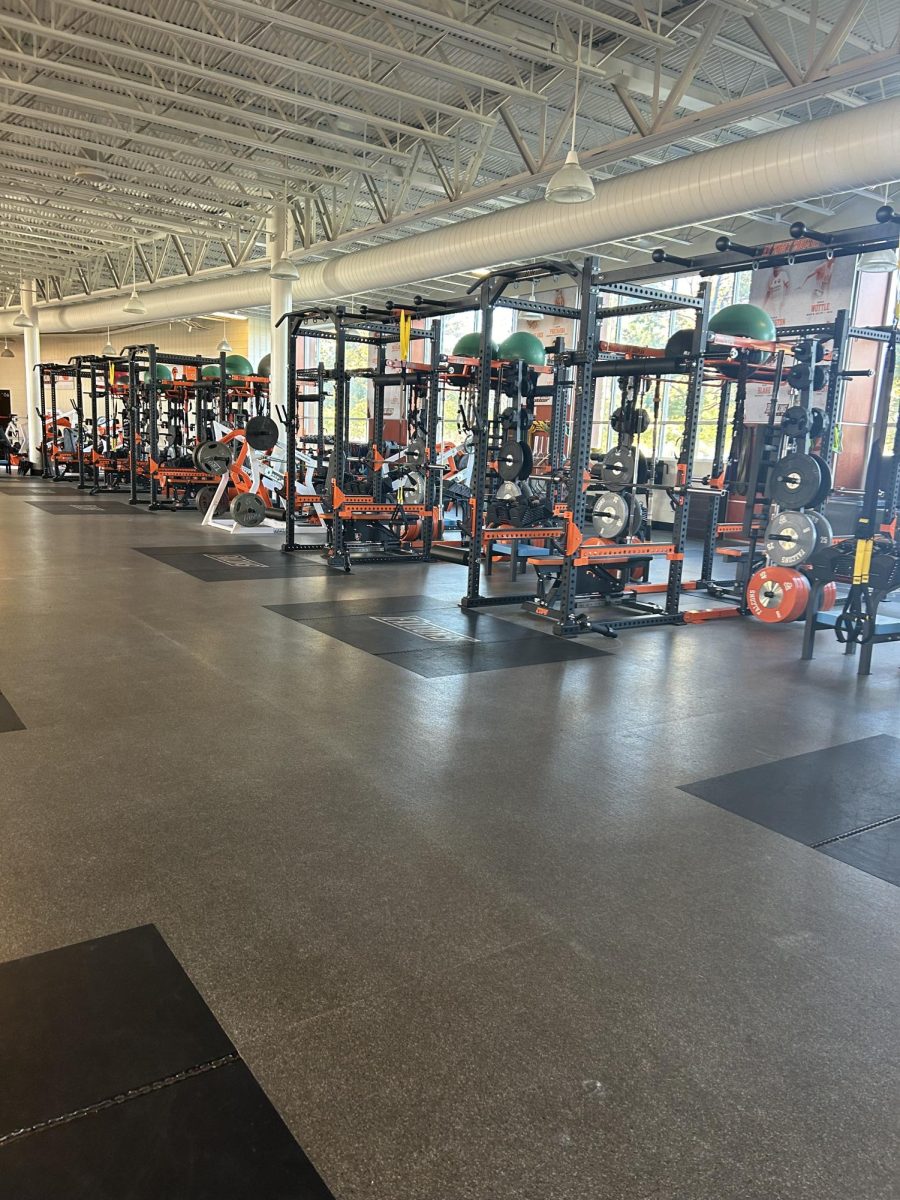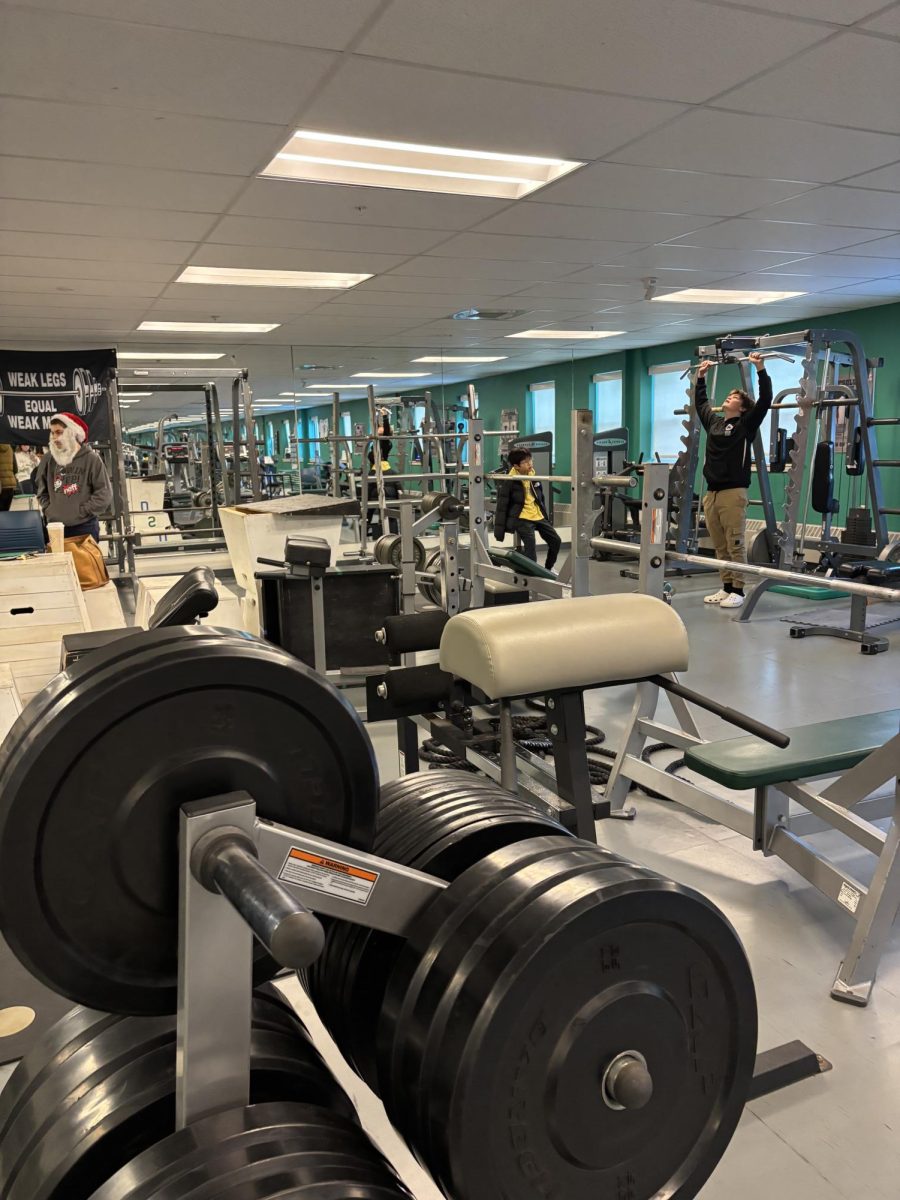Dear America: Working From Home, Is it Working?
27.6 Million Americans Work from home.
May 31, 2023
Working from home has become more customary in our country ever since the COVID-19 pandemic. Even before the pandemic started it was increasing in jobs but COVID has only skyrocketed the percentage of remote workers.
But, are remote workers efficient? What does the present data on efficiency say?
According to the 2021 American Community Survey, 27.6 million Americans work from home. Now clearly that is a large uptick in remote workers because just in 2019 only nine million Americans worked from home.
Seeing an increase in remote workers only provides more data to actually see its quality in workers.
A defining feature of working from home is not having to commute anywhere which is very enticing to many people. Having a decent percentage of Americans working from home helps in many ways in terms of commuting. For example not having 28 million extra people on the road can definitely affect traffic and give us safer roads. Burning gasoline and diesel fuel creates byproducts harmful to the environment, so 28 million less cars on the road commuting helps a little bit.
In terms of just convenience for Americans, not having to drive anywhere in the morning is easier for them and saves them money on gas. It also can get you more hours in work to get more money. Say your commute to work is 30 minutes. That is 30 minutes there and 30 minutes back. That’s an extra hour of work, an extra hour of pay. Instead of spending time driving, remote workers spend that time making money.
Many remote workers mention the independence they get working from home. Being in an office with many people can get very distracting. At home it is just you and you certain to be more independent. This could also see an increase in productivity for many people.
Many remote jobs require that you manage your time responsibly and complete tasks that you are given. You must discipline yourself to keep yourself on track.
Something I firmly believe in is everything is good in moderation, so if you’re getting too much of anything it may seem good but it could be harmful to you.
Everything that may be good to many people could be other people’s biggest flaw.
Too much independence to some people could affect productivity and their focus. Once given a fair amount of independence some people might want to get back in an office socializing with people.
Obviously ever since the uprising of Zoom you can still get that connection with co-workers by having a zoom meeting but it is just not the same for some people.
Something that can be really harmful to remote workers is balancing life and work. When you work at home it might feel like you’re always working because you live in the place that you work. This could cause people to overwork themselves and feel unhealthy about their situation. I think if possible home workers should try to build out an office in a separate room of their house to keep work separate from the rest of their house. Obviously not everyone has this luxury so it can be difficult.
Just like how there are distractions in the office, there are also distractions at home. Whether it’s your dog or the television there can be many distractions at home.
I want to get to the calling out of work aspect of all of this because the data is truly interesting.
The CoSo Cloud Remote Collaborative Worker Survey asked 353 workers if they are less likely to call out of work (even when ill) working from home. More than half of the workers said they are less likely to take time off. So this can work for both sides; workers don’t need to miss out on time off or money because of an illness or any other circumstance and companies don’t need to account for them missing work. I believe this is truly a big plus when working remotely.
After looking over all the data and the many circumstances and situations that homeworkers and employers encounter, I’ve come to the conclusion that it truly depends on the person being hired. Companies really need to do their due diligence when hiring people, making sure they have dedication and are right for the job because for many people working from home is much better than going into work. On the other hand there are many people out there who probably believe they would like working from home and are suited to work from home, the truth is they are not and they would benefit from going into work.


